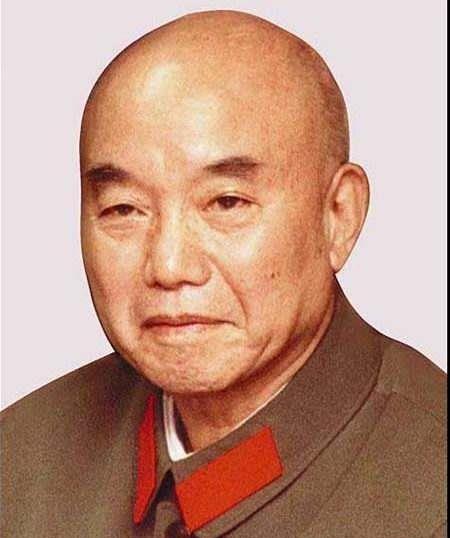The founding marshals were often the elders of our Party, serving as the head of the Front during the revolutionary war years. The generals were often generals who had made great contributions in the Liberation War, and after the founding of the country, they had to serve as commanders of various branches of the army in order to become founding generals. Starting from the general, it is necessary to comprehensively consider the performance of the Red Army period, the War of Resistance, and the Liberation War, so who was the highest-ranking founding general during the War of Resistance? This man is Shaw.

Xiao Ke was a student of the fourth phase of the Whampoa Military Academy, and when Chiang Kai-shek launched a counter-revolutionary coup, Xiao Ke chose to side with our party and participated in the Nanchang Uprising. At that time, his position was not high, just a company commander, but Xiao Ke made a lot of military achievements after that, so he was slowly promoted from company commander to regimental commander, brigade commander, division commander and other positions.
When the Red Sixth Army was established, the leadership team consisted of Ren Bishi, Xiao Ke and Wang Zhen. Together, they commanded the Red Sixth Army to march westward, opening the way for the main force of the Red Army. The Red Sixth Army traveled from Jiangxi to Hunan, Guangxi, Guizhou and other places, repelled countless pursuits by Chiang Kai-shek, and finally integrated the Ganzi and Red Second Armies in Sichuan into the Red Second Front. At that time, the commander-in-chief of the Red Second Front was General He, and Xiao Ke served as the deputy commander-in-chief, with a very high status, and no founding general in the same period held a higher position than him.
During the War of Resistance Against Japanese Aggression, Xiao Ke continued to serve as The Deputy Commander of the 120th Division. At that time, the Eighth Route Army had three division commanders and three deputy division commanders, and among these six people, only Xiao Ke was not a marshal later. Most of the founding generals were regimental-level cadres during the War of Resistance Against Japanese Aggression, and his division-level cadre was also very special. It is worth mentioning that at that time, Chiang Kai-shek gave Xiao Ke the rank of lieutenant general. And Xu Xiangqian, Nie Rongzhen, Xu Haidong and others were just major generals.
If Shaw could continue to maintain his position, he could never be just a founding general. Unfortunately, he did not hold the position of major military commander during the Liberation War, such as column commander. His main tasks were to serve as chief of staff, or to liaise with democrats and plan uprisings, mostly civilian work. This more or less had some impact on Shaw's title.
Moreover, after the founding of the People's Republic of China, Xiao Ke's task was mainly to prepare for the establishment of military academies, and he did not participate in wars like the War to Resist US Aggression and Aid Korea, so his military achievements have always been stagnant. Therefore, Shaw was only awarded the rank of general in 1955, and some people applauded him, but Xiao Ke really did not have outstanding achievements in the most important liberation war. And he is still ranked first among the generals, which is still relatively reasonable.